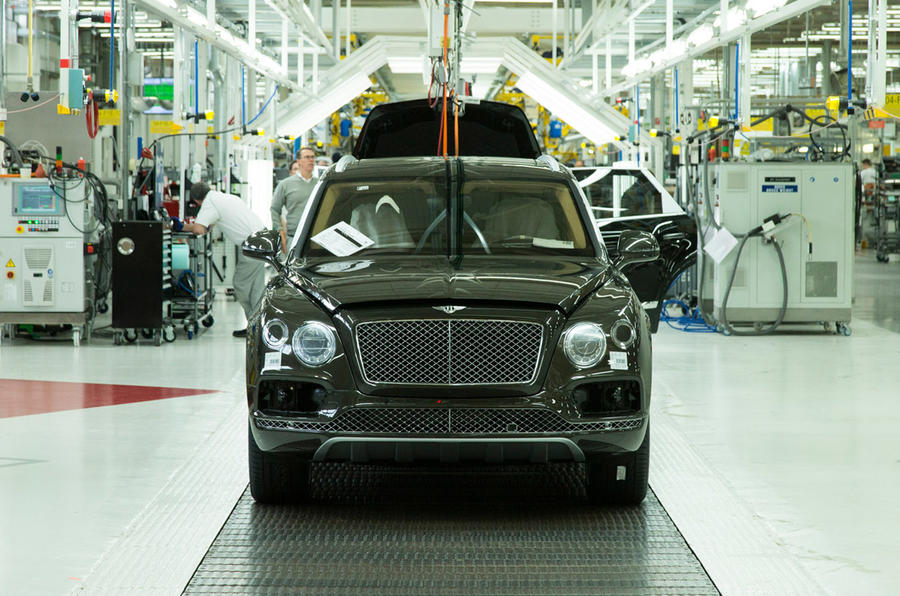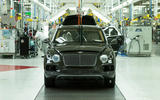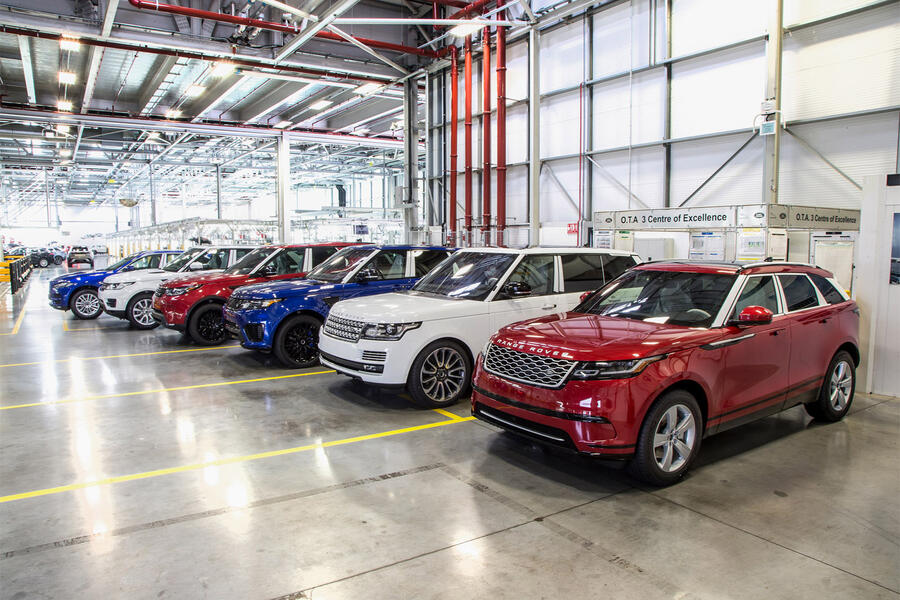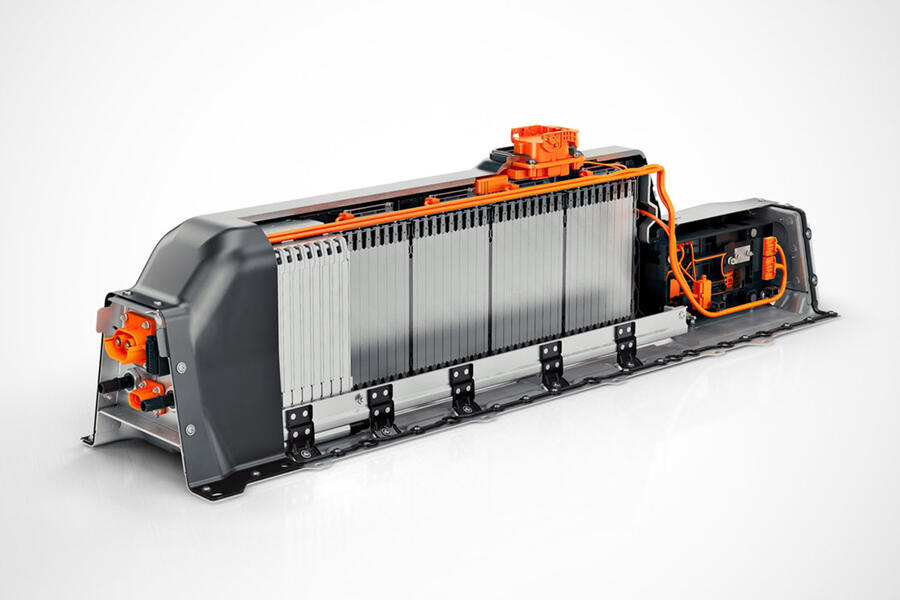Just how British is the UK car industry? That question is crucial as we leave the European Union (EU) and set up our own trade deals globally, because every country will ask the same thing: exactly what makes that Land Rover, Nissan or Mini British?
First off, this isn’t a question of ownership. The fact that the owner of Jaguar Land Rover (JLR), Tata, is Indian or Toyota is Japanese makes not a jot of difference to whether the cars they make in the UK should be regarded as British or not.
No, the question is more fundamental: how much of a car’s value in terms of its parts content is British, rather than imported from abroad?
This is key not just to whether countries will allow tariff-free imports of that car (under so-called rules of origin) but also, much more importantly, it’s key to the health of the British automotive industry as we begin life outside the EU.
The more British our cars, the easier their entry into other countries and the more investment and revenue is generated here. Each car contains around 30,000 pieces; the greater proportion of those pieces that are made here, the healthier our industry.
So, how British are our cars? We approached all of the major companies that build cars in the UK and… none would tell us. But there are other ways of finding out. The Society of Motor Manufacturers (SMMT) and Traders circulated a figure in 2017 that, on average, 44% of a UK-built car was British. It quoted the same figure today, and that sounds pretty good.
After all, JLR, Nissan, Honda, Toyota and BMW – the top five car makers operating in the UK – build engines here as well. Add up the parts sourced from our 2400 component suppliers and you have a pretty healthy figure, if nothing like the 80-90% British content figure that the industry was hitting back in the 1970s.















Join the debate
Add your comment
Nissan Leaf batteries are made in Japan and shipped to the UK.
So much for a UK battery manufacturing capability.
Home grown engineers
Has everyone overlooked LEVC in Coventry? They may be Chinese owned, but they are producing EV/Hybrid vehicles here in the UK. I do however agree that we need to recreate a manufacturing industry here in the UK. The fact that electronics and electrical engineering has disappeared from most school syllabuses is a major concern. Where are our future electrical engineers going to come from?
The future of British manufacturing is German!!!!
PSA will close Ellsmere Port & sift all Astra production to Rüsselsheim. Bentley is to be put under the control of Audi & the next gen. Electric SUV's from Audi, Bently & Porsche will be built by Audi in Ingolstadt. BMW has said that the next Mini Countryman will be built in Leipzig. Toyota will relocate UK production to Turkey if there's a bad Brexit deal. Tesla is building a MegaFactory in Berlin to supply the whole of Europe. VW & BMW has retooled it's German plants to produce EV's.The Jaguar I-Pace is made in Austria.
So if we are going all Electric by 2030, where is the British Electric Vehicle manufacturing?? Boris has been caught napping again. Surely before you announce that ICS's will be banned in a decade you should encourage EV's to be built domestically?
jagdavey wrote:
Isn't Nissan's leaf still built in Sunderland? So there is a semi affordable UK built EV, as for Toyota moving production, we don't and won't know if that's likely for a while yet and as yet they don't produce an EV.
My old mates in the N-E tell me that rumours are rife at the Sunderland plant: closure is dependent on the outcome of the current negotiations with the EU.
Even allowing for the usual fear-mongering and the weeping Jeremiahs, there exists a real anxiety among the workforce at present.
It would be nice to think that gems like Bentley can restore the balance of payments but in truth, they are a drop in the ocean AND that minuscule production can be shifted at the whim of a Board meeting and a shareholders' vote!
BoJo might indeed have shot himself in the foot here... Time will tell but mortgages have be paid still.
It is not accurate to claim the future of British manufacturing is German. Turkey is not in Germany, neither is Austria, and no Countryman has been built in the UK since the original 1960's version... Small-scale manufacturers like Bentley are not critical to UK manufacturing as they are largely assembly plants, and the assembly isn't likely to move to Germany for all Bentleys. As for Tesla, production will still come largely from the USA or China, and let's not forget that nearly half of German cars in the UK are produced outside of Germany, like Hungary, Slovakia, South Africa, USA and the UK... As for Ellsemere port and Vauxhall Astra, that's a French-owned company so it's just as likely to move to France, Czech republic or Netherlands if anywhere as GG is at capacity.
I trust this puts some balance into your over-emotional comment.